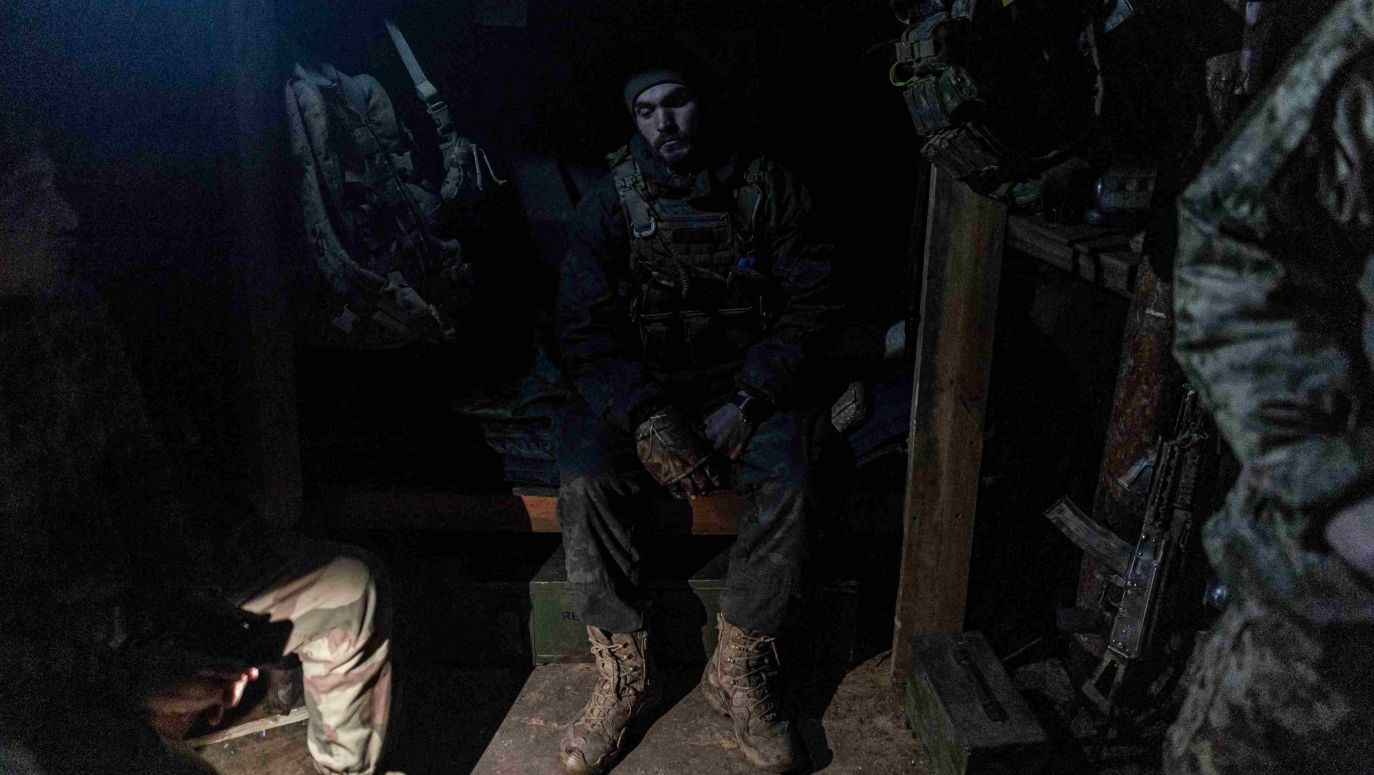The tanks, in fact, became the subject of a peculiar bargain between Washington and Berlin, when Chancellor Olaf Scholz, pressured by public opinion to send Leopards to Ukraine, stated that his country would provide modern tanks when America did the same. It can be assumed that this was driven as much by a desire to build Germany’s prestige, whose equal partner in the opinion of Berlin’s elites can only be the main NATO power, as by fear that Russia would realise its threats and attack their country. The Poles could irresponsibly supply 300 tanks and offer to deliver aircraft, but they are romantics after all. A similar calculation is probably currently behind Chancellor Scholz’s ongoing refusal to supply Taurus missiles, which could be a weapon capable of destroying the Kerch Bridge to Crimea.
In this way, the supply of modern weapons was in a sense “coordinated” with the Kremlin, and the Russians used this gradualness of help to improve their military position: building fortifications, organisational and technological changes in the army, training conscripts.
 SIGN UP TO OUR PAGE
SIGN UP TO OUR PAGE 
The limit, adhered to by both cautious Germany and powerful America, was not attacking Russian territory, because an attack on Russia is doctrinally a reason for the use of nuclear weapons.
A side note: Scholz’s stance on the supply of Taurus missiles may indicate that the German chancellor de facto recognized Crimea as Russian territory, which may be a certain opening for building good relations with Putin when it becomes politically possible.
Failed Ukrainian offensive
All these factors, combined with the lack of training of Ukrainian soldiers, contributed to the fact that in the year 2023, the year of hope for all those who counted on continuing the successes of the previous year, Russia entered seriously strengthened, and Ukraine weakened, although at first glance it seemed the opposite.
A serious warning signal was the capture of Bakhmut. Paid for with terrible losses, estimated at 50,000 killed, and carried out by criminals released from prisons on the promise of freedom they were to earn through combat. It showed Russia’s barbarism and contempt for life at its worst. What of it, if the barbarians won.
In the process, the concept of “material war” appeared in the public space, as the intensity of artillery shelling applied by the Russians in Bakhmut exceeded all expectations. In the West, public questions began to be asked whether, on the real front, when armies of comparable status fight, mass does not prevail over precision. And whether, therefore, it would not be necessary to build ammunition depots on a similar scale as in the Cold War times.

 SIGN UP TO OUR PAGE
SIGN UP TO OUR PAGE 







